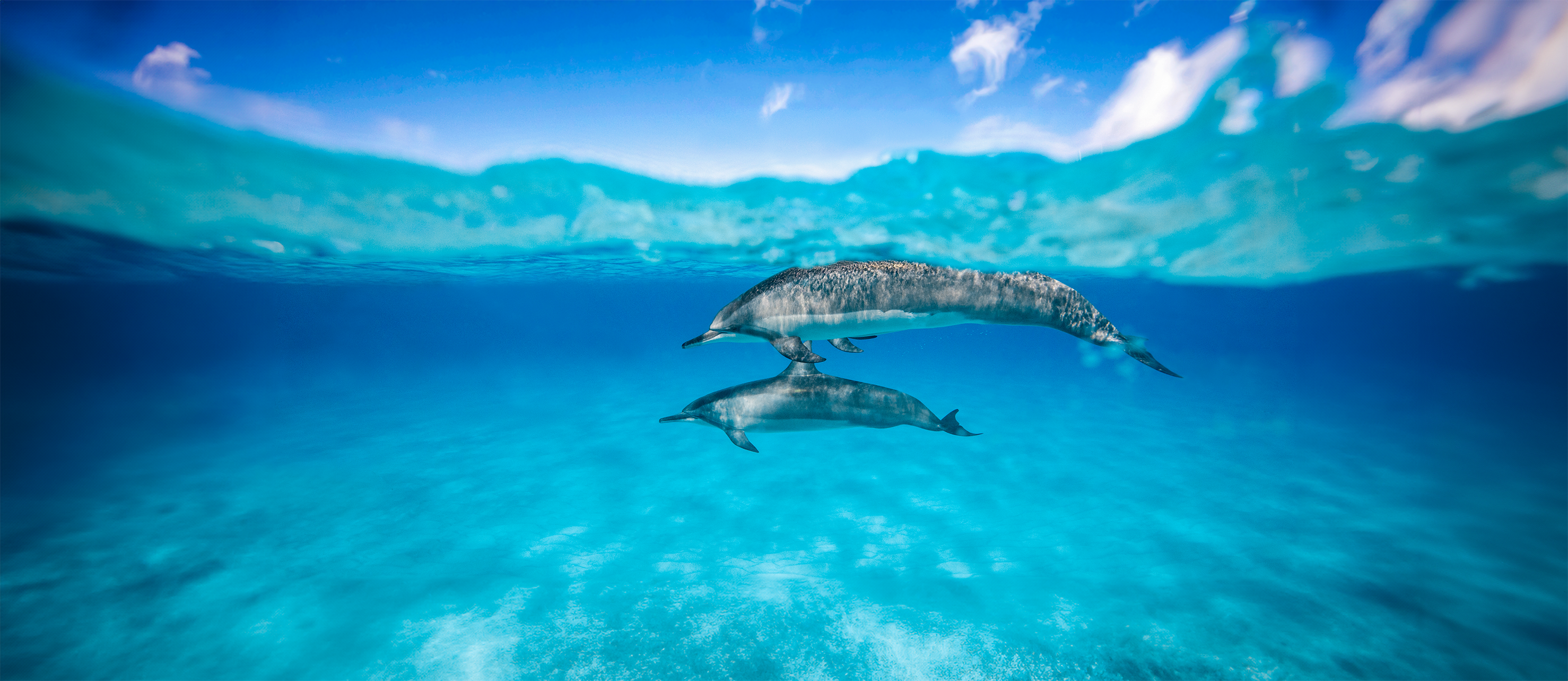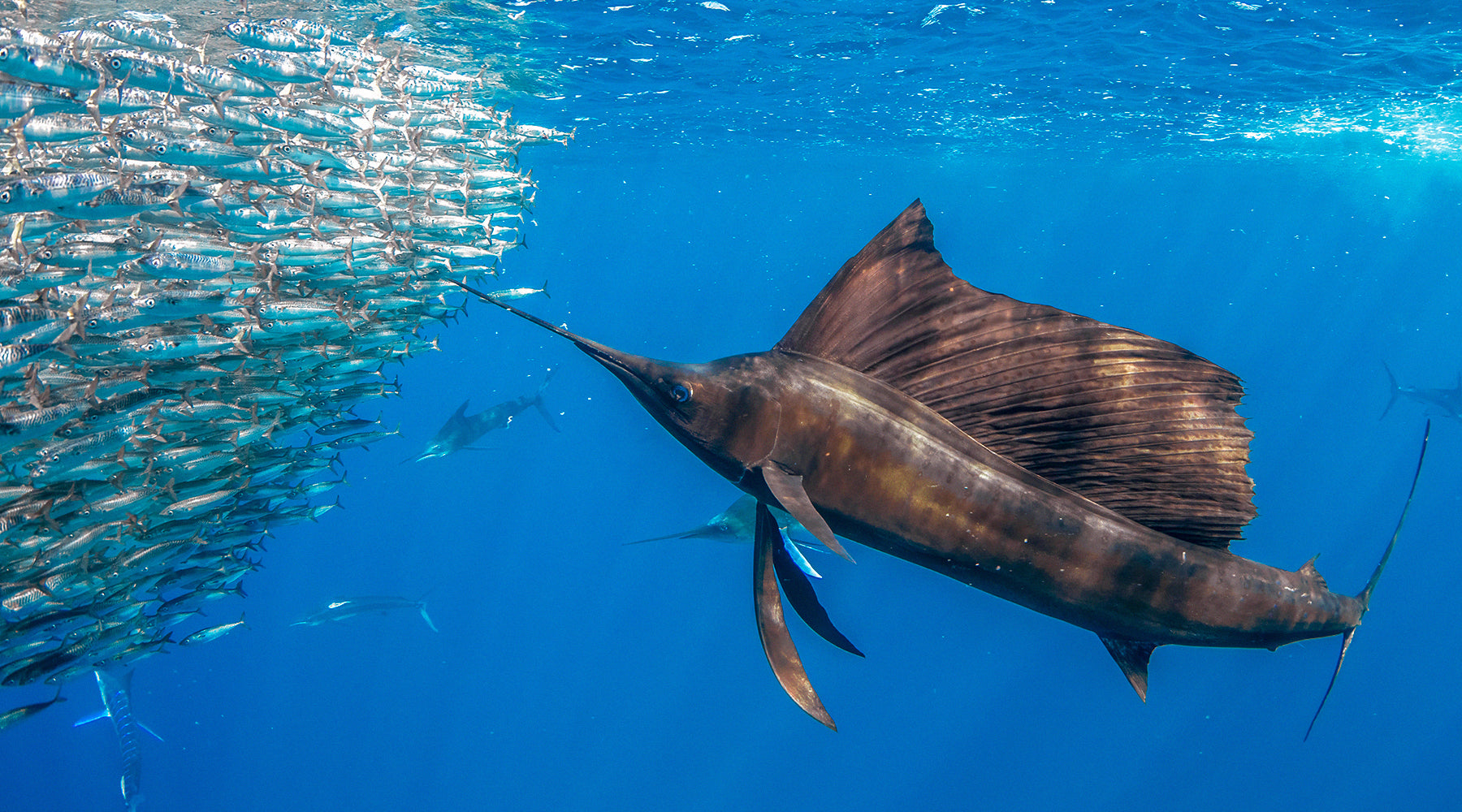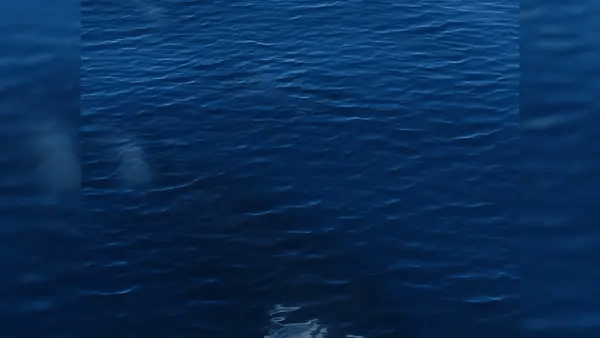7 MIN READ
12-01-2024
Dive Into the World of Penguins: Masters of the Ice and Sea
Henry Bliss, 4ocean Story Producer
Embark on a journey beneath the ocean’s surface and learn more about the Penguin Species.
When we think of the Antarctic, it’s impossible not to picture the iconic penguin, waddling across icy plains or darting gracefully through the water.
These flightless birds are more than just cute; they are resilient survivors of some of the harshest environments on Earth. In this Creature of the Month Feature , we explore the diverse world of penguin species, their unique adaptations, and the challenges they face in a rapidly changing climate.


Bracelet of the Month:
2024 Penguin Bracelet
Pull 5 Pounds of Trash From The Ocean With Our Limited Edition 2024 Penguin Bracelet. Only Available December 2024!
Shop Now - Clean the OceanThe Penguin Family Tree
Penguins belong to the bird family Spheniscidae and are native to the Southern Hemisphere. While many associate them with the frozen landscapes of Antarctica, some species thrive in temperate regions, even as far north as the Galápagos Islands.
There are 18 recognized penguin species, each with distinct characteristics and habitats. Let’s meet a few:

Harbor Seal (Phoca vitulina)
Habitat: Antarctic ice and surrounding waters
Size: The largest of all penguins, standing up to 1.2 meters (4 feet) tall and weighing up to 45 kg (99 lbs).
Diet: Primarily fish, squid, and krill.
Behavior: Known for their incredible endurance, Emperor Penguins trek up to 120 km (75 miles) across ice to their breeding colonies. Males incubate the single egg for over two months, fasting during this time.

Adélie Penguin (Pygoscelis adeliae)
Habitat: Exclusively Antarctic coasts.
Size:Medium-sized, about 70 cm (28 inches) tall and weighing 3–6 kg (6.6–13.2 lbs).
Diet: Krill, fish, and squid.
Behavior: Adélie Penguins are highly social and breed in large colonies, some numbering over 250,000 pairs. They build nests out of pebbles and are known for their feisty, territorial nature.

Galápagos Penguin (Spheniscus mendiculus)
Habitat: The Galápagos Islands, near the equator.
Size: One of the smallest species, reaching about 49 cm (19 inches) in height.
Diet: Small fish and crustaceans.
Behavior: This endangered species faces threats from climate change and food scarcity due to warming waters. Unlike their Antarctic relatives, Galápagos Penguins must seek shade and cool waters to avoid overheating.

Penguin Adaptations: Built for Survival
Penguins have evolved extraordinary adaptations to thrive in their environments:
Streamlined Bodies: Perfect for cutting through water at speeds up to 15 mph.
Counter-shaded Plumage: Their black backs and white bellies provide camouflage against predators from above and below.
Thick Layers of Fat: Essential for insulation in frigid waters.
Specialized Feathers: Waterproof and densely packed for warmth.

What is Threatening the Penguin Population?
Climate Change: Melting sea ice impacts species like Emperor Penguins, which rely on stable ice for breeding.
Overfishing: Depletes vital food sources like krill and fish.
Pollution: Oil spills and plastic debris pose direct threats to penguins, from entanglement to ingestion.
Predation and Habitat Loss: Introduced predators like rats and cats threaten penguin nests, especially in temperate regions.

How does plastic pollution impact Penguins?
Entanglement:
One of the most immediate and visible threats from plastic pollution is the entanglement of penguins in plastic debris such as fishing nets, ropes, and plastic bands. This can lead to injuries and deformities.
Ingestion:
Penguins may mistakenly consume plastic items, either directly or indirectly by eating prey that has ingested microplastics.
Habitat Degradation:
Human activities like coastal development and tourism can disrupt seal habitats, particularly in areas where seals haul out to rest, breed, or give birth.
Microplastic Contamination:
Although larger plastic debris poses immediate physical threats, microplastics (tiny plastic particles) also have a growing impact on penguins. These microplastics enter the marine food chain, and penguins are at risk of consuming them via their prey. Microplastics can carry toxic chemicals that may accumulate in penguins over time.

Conservation Efforts
Many organizations are working to protect penguins through:
Marine Reserves: Protecting critical habitats from fishing and pollution.
Climate Research: Monitoring ice loss and advocating for global climate action.
Species Recovery Programs: Boosting populations of endangered species like the Galápagos Penguin through captive breeding and habitat restoration.

Penguins are more than just symbols of icy landscapes; they are defenders of ocean health. Their survival depends on the collective effort to address climate change, protect marine ecosystems, and reduce human impact on their habitats. By understanding and appreciating these remarkable birds, we take a step closer to ensuring their continued presence in our world.
Let’s work together to keep these tuxedoed treasures gliding through the seas for generations to come!
We’re always on the lookout for incredible stories from our community! Pitch yours to our team at

Bracelet of the Month:
2024 Penguin Bracelet
Pull 5 Pounds of Trash From The Ocean With Our Limited Edition 2024 Penguin Bracelet. Only Available December 2024!
Shop Now - Clean the Ocean



